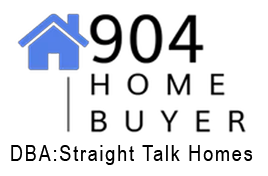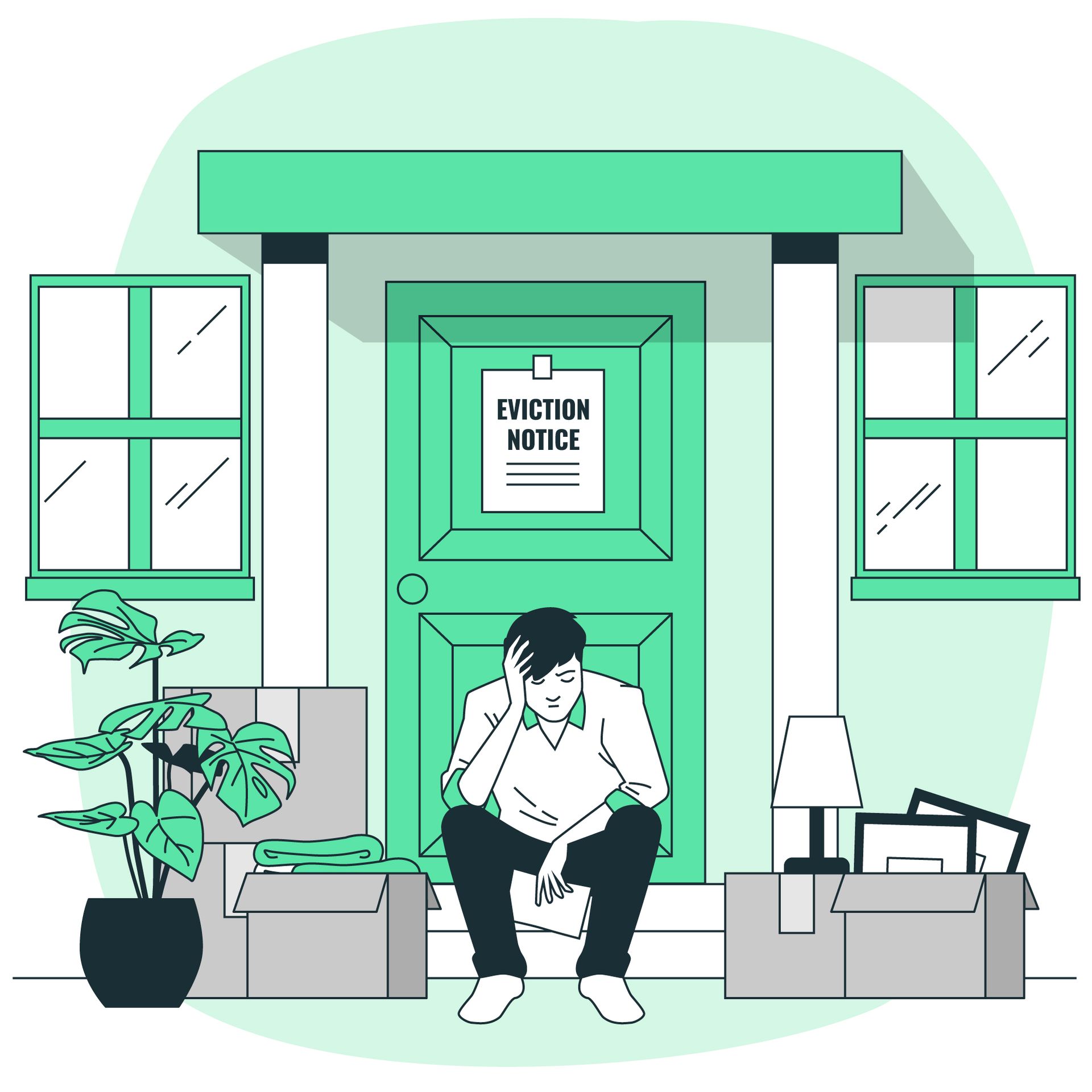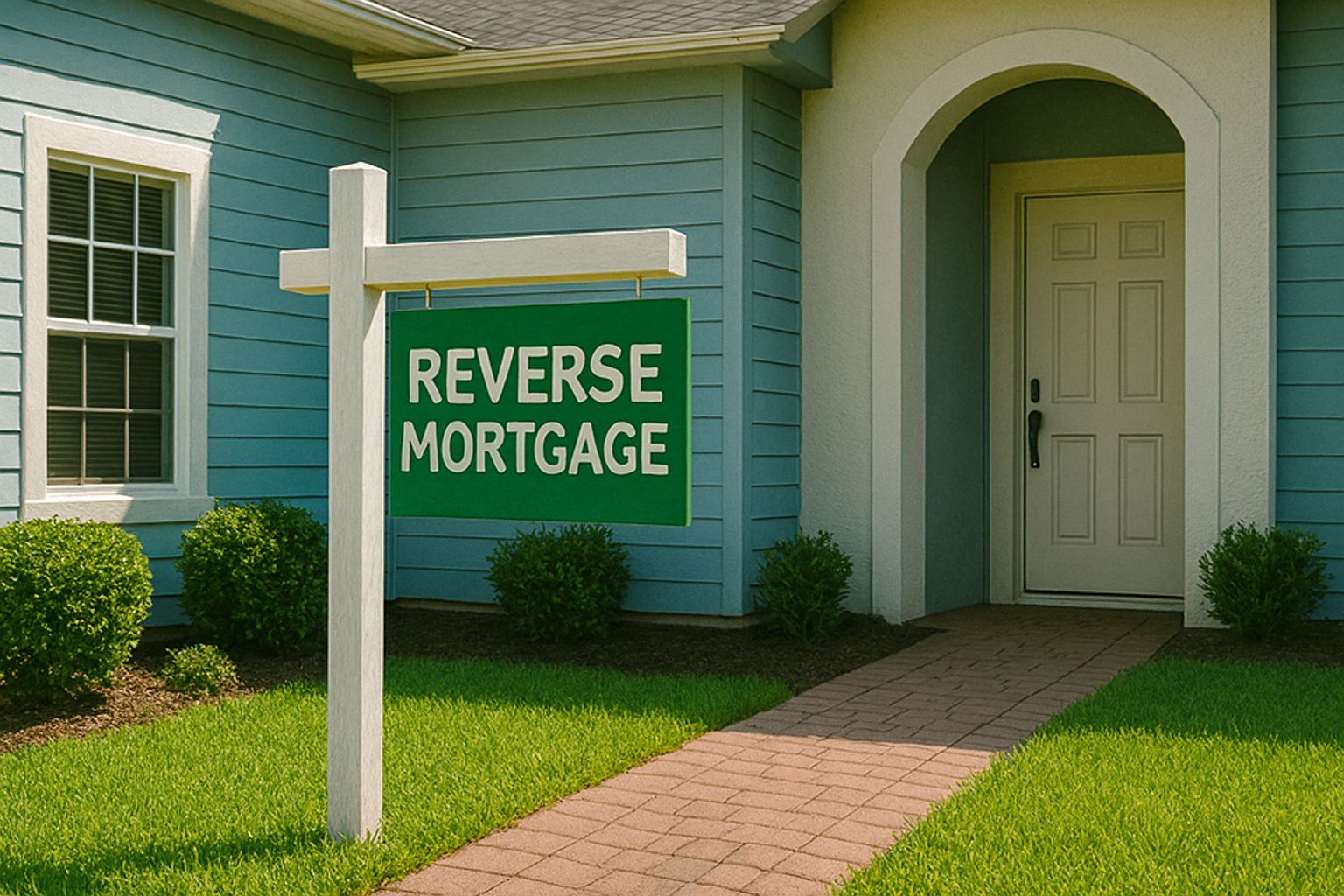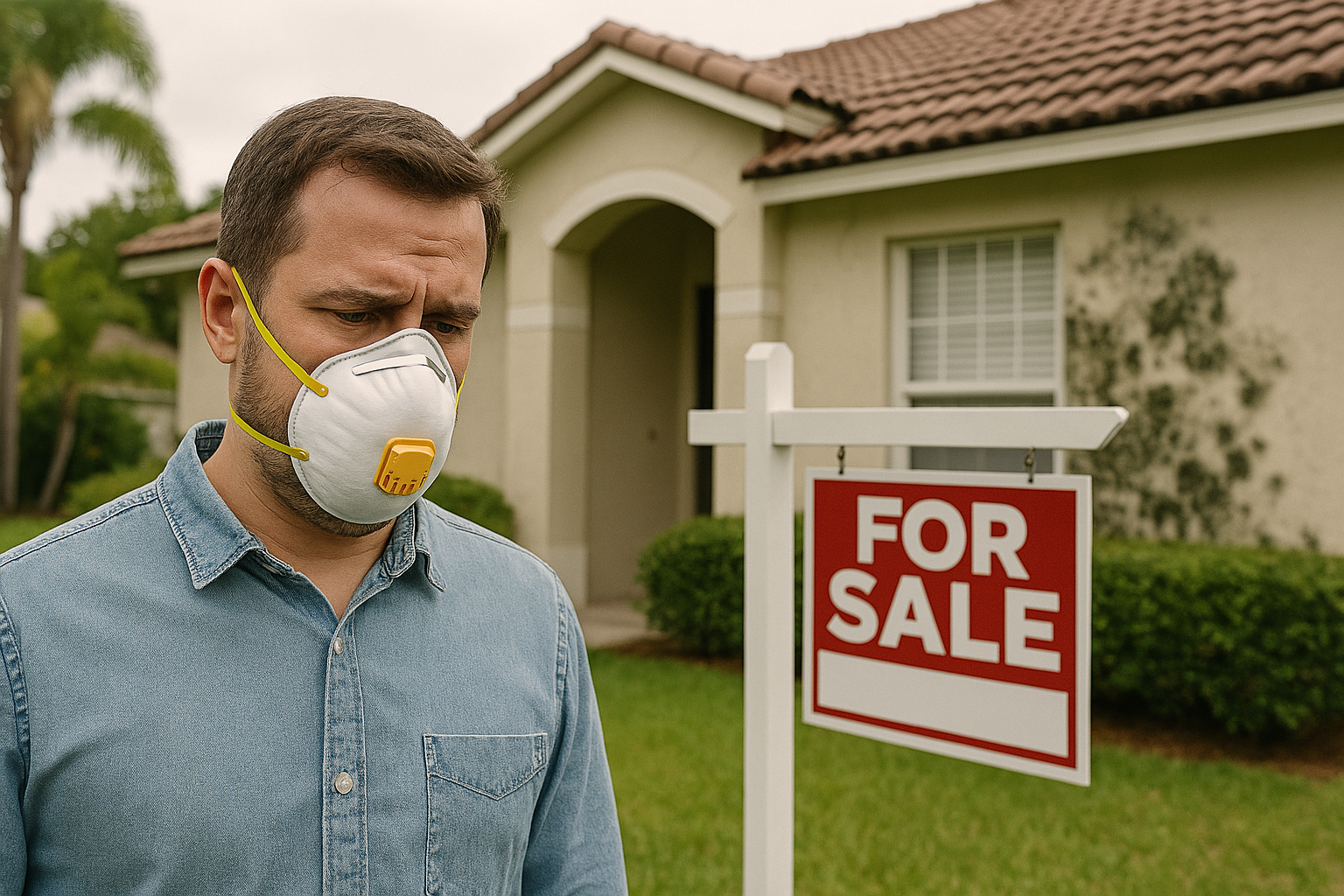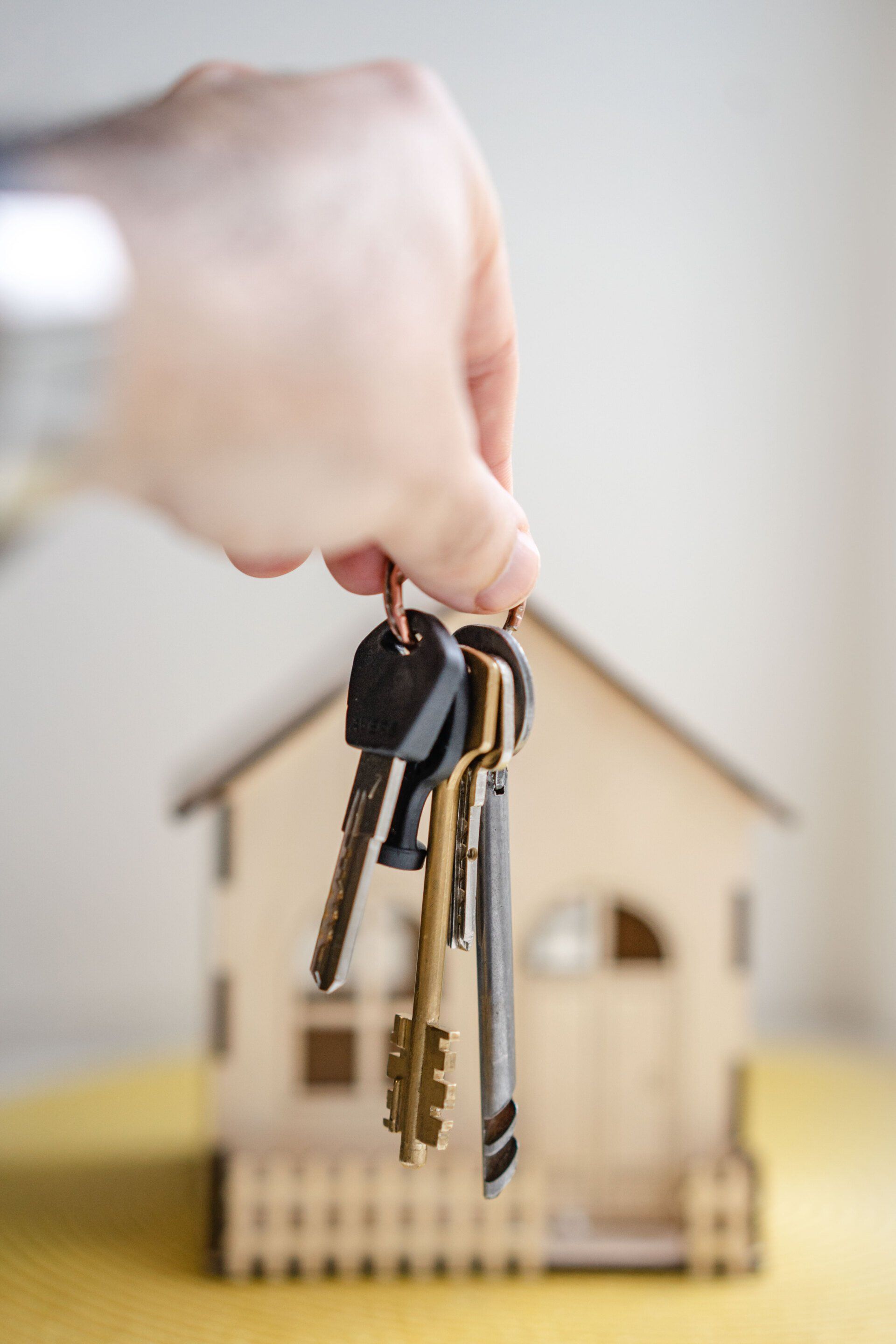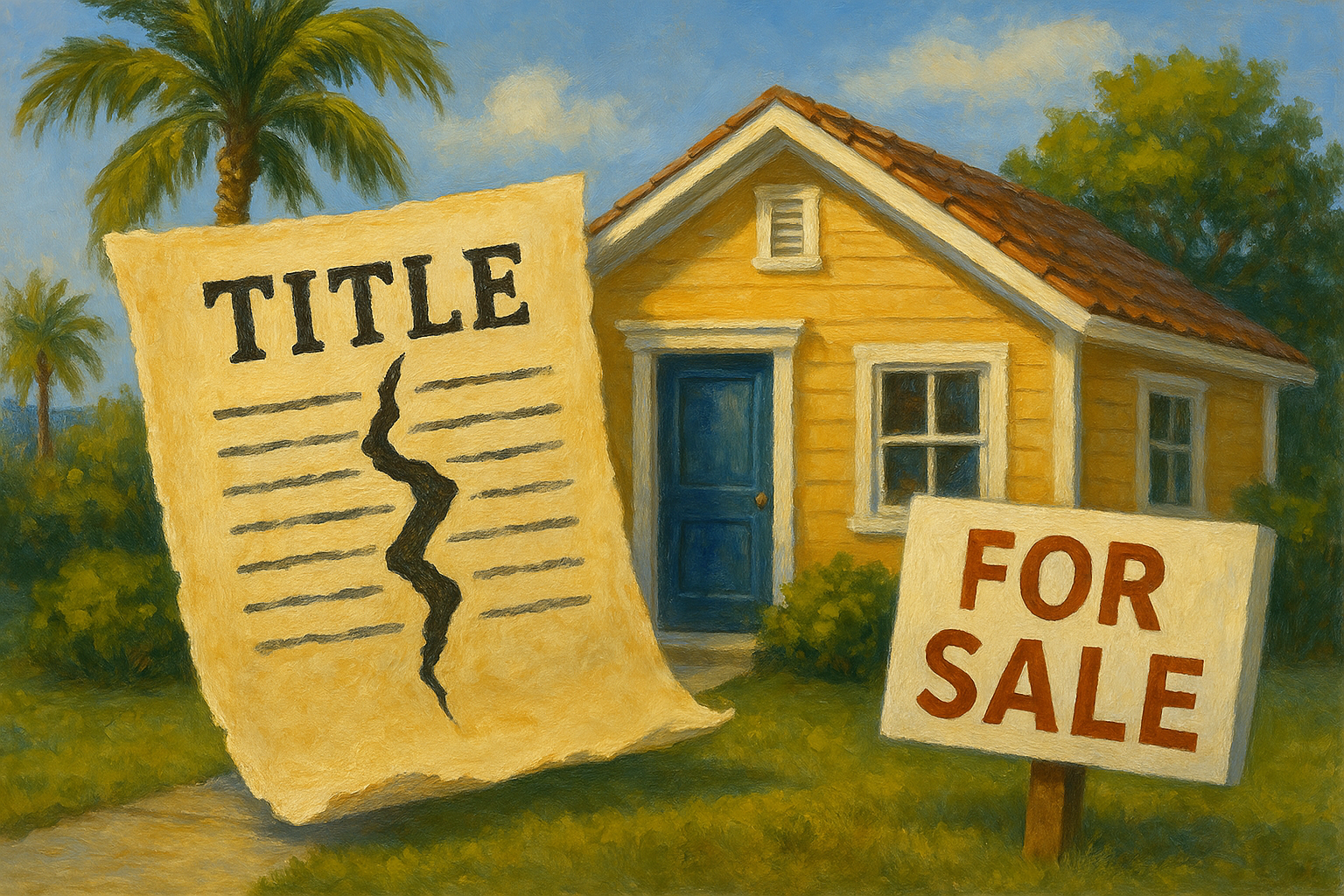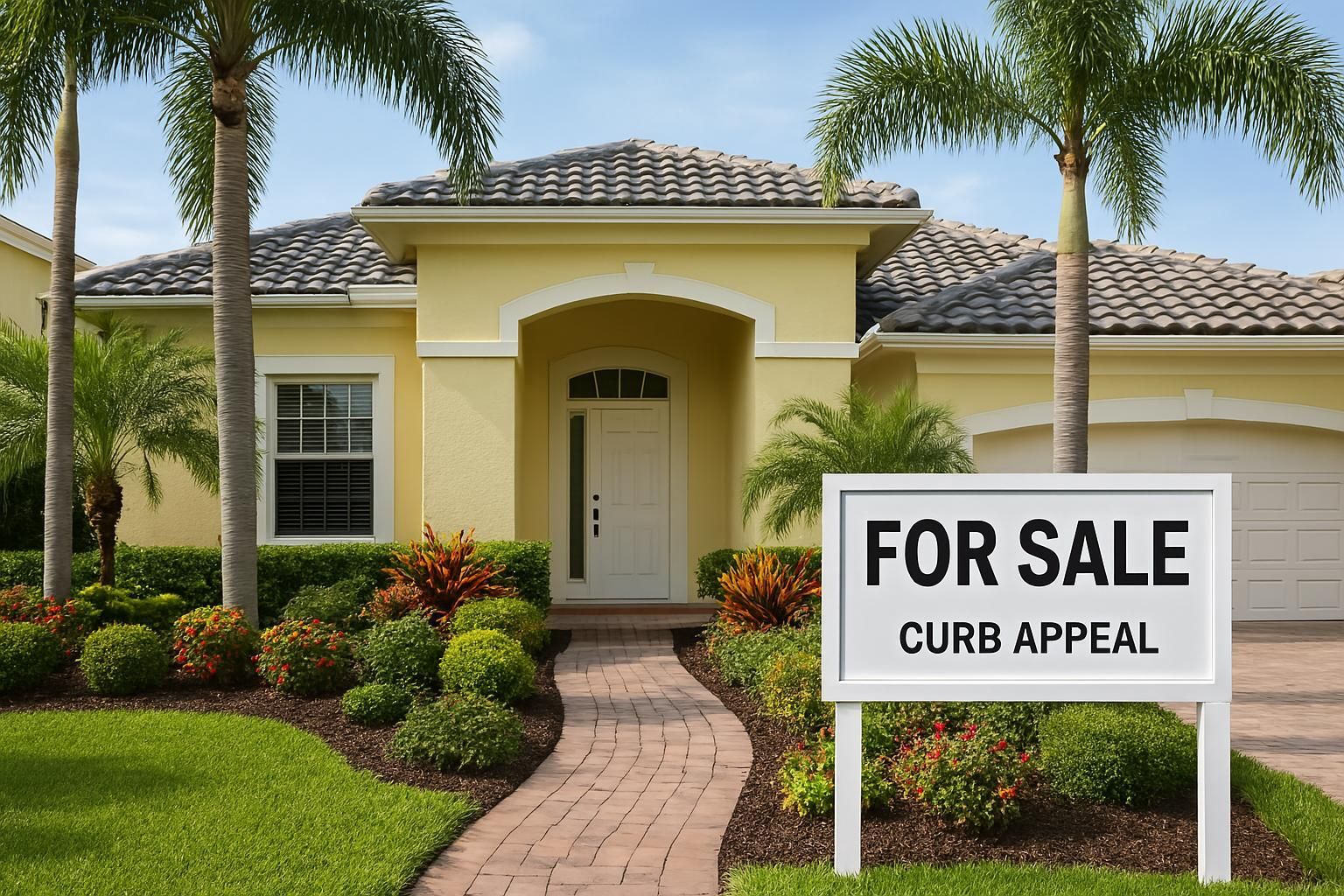How to Sell a Florida Home with an Unpermitted Addition
Selling a Home with an Unpermitted Addition: What You Need to Know
Selling a Florida home with an unpermitted addition can feel like walking a tightrope. Whether it’s an extra bedroom, an enclosed patio, or a converted garage, unpermitted work can complicate the sale process. Buyers, lenders, and inspectors all take notice, which can lead to delays, price negotiations, or even lost deals. But don’t worry—you still have options. From bringing the addition up to code to selling the home as-is, there are ways to navigate this challenge while staying on the right side of Florida real estate laws.
So, what’s the best approach? That depends on your goals, timeline, and budget. Below, we’ll break down your options, explain how to disclose unpermitted work properly, and help you decide on the best course of action.
What is an Unpermitted Addition?
An unpermitted addition is any modification to a home that was done without obtaining the necessary permits from the local building department. This could be anything from a small deck to a full second-story expansion. While it might have been built safely, the lack of permits raises concerns about structural integrity, zoning violations, and safety standards.
Florida’s building codes are strict, and unpermitted work can come back to haunt a seller. If an inspector finds the issue, the city could require the addition to be removed, brought up to code, or penalized with fines. That’s why sellers need to understand their options before listing the property.
Option 1: Bring the Addition Up to Code
If time and budget allow, legalizing the addition is often the best way to maximize the home’s value and appeal. Here’s how it works:
- Consult with a Contractor or Architect – A professional can assess the work and determine if it meets Florida building codes.
- Obtain a Permit Retroactively – In many cases, local building departments offer a path for homeowners to apply for permits after the work is completed. However, this process may require modifications to meet code.
- Schedule Inspections – If the work is up to par, an inspector will sign off on it. If not, adjustments may be necessary.
- Pay Any Fees or Fines – Some cities impose penalties for unpermitted work, so be prepared for additional costs.
Is It Worth the Cost?
Bringing an addition up to code can cost anywhere from a few hundred to several thousand dollars, depending on the work involved. But in return, you may be able to sell at a higher price and attract more buyers who don’t want to deal with the hassle of legal issues.
Option 2: Sell the Home As-Is
Not everyone has the time or resources to bring an unpermitted addition up to code. The good news? Florida law allows homes to be sold as-is, as long as full disclosure is made to the buyer.
How to Sell a House with an Unpermitted Addition As-Is
- Disclose the Issue Honestly – Florida real estate law requires sellers to disclose any known issues that could affect the property’s value. That includes unpermitted work.
- Price Accordingly – Buyers will factor in the cost of permits or potential legal work when making an offer. A lower asking price can attract investors or cash buyers willing to handle the issue themselves.
- Target the Right Buyers – Some buyers, especially cash investors, are open to purchasing homes with unpermitted work if the price is right. Marketing the property to real estate investors or flippers can help speed up the sale.
- Provide Documentation – Even if the work wasn’t permitted, having receipts, blueprints, or contractor information can reassure buyers that the addition was built properly.
The Risk of Selling As-Is
While this approach saves time and money, it does limit your pool of potential buyers. Some lenders won’t approve mortgages for homes with unpermitted work, meaning cash buyers or investors are often your best bet.
Option 3: Negotiate with the Buyer
Sometimes, the best strategy is to let the buyer decide how to handle the issue. If you’re working with a motivated buyer who loves the home but is hesitant about the unpermitted addition, negotiation can help close the deal.
Ways to Compensate the Buyer:
- Offer a Credit at Closing – Instead of legalizing the addition yourself, provide a credit that helps cover the cost.
- Adjust the Price – Lowering the asking price can make the home more attractive to buyers willing to deal with permitting.
- Escrow Funds for Permitting – Some sellers set aside a portion of the sale proceeds in escrow to cover future permitting costs.
How to Disclose an Unpermitted Addition Properly
Florida law requires sellers to disclose any known defects, including unpermitted work. The best approach is to be upfront with potential buyers.
Best Practices for Disclosure:
- Include It in the Seller’s Disclosure Form – This legally protects you from future disputes.
- Be Transparent with Agents and Buyers – Informing all parties early prevents surprises during the inspection.
- Provide All Available Documentation – Even if permits weren’t obtained, showing how the work was done can build trust.
Final Thoughts: What’s the Best Option for You?
Selling a Florida home with an unpermitted addition isn’t impossible—it just requires the right approach. If time and budget allow, bringing the addition up to code can increase the home’s value and attract more buyers. If not, selling as-is is still a viable option, especially when targeting cash buyers.
Whatever route you take, transparency is key. Disclose the unpermitted work, price accordingly, and explore negotiation strategies that work in your favor. With the right preparation, you can successfully sell your home without unnecessary roadblocks.

Salim Omar
Salim is a straight-talking CPA with 30+ years of entrepreneurial and accounting experience. His professional background includes experience as a former Chief Financial Officer and, for the last twenty-five years, as a serial 7-Figure entrepreneur.
